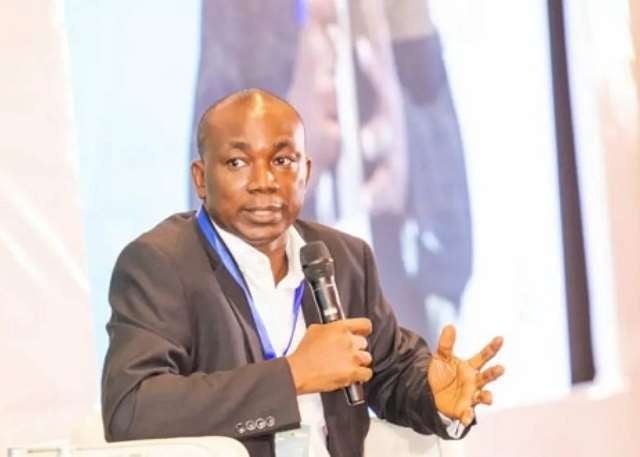Professor Godfred Alufar Bokpin, a respected Ghanaian economist, has publicly criticized President John Dramani Mahama’s administration for its perceived inaction on the issue of illegal mining, commonly known as galamsey, since the National Democratic Congress (NDC) returned to power six months prior. While acknowledging that six months is a relatively short time for a new administration to fully address complex issues, Professor Bokpin argued that it is sufficient time to demonstrate commitment to campaign promises and initiate concrete action against the devastating environmental and social consequences of galamsey. He specifically pointed to two key areas where the government has fallen short: the failure to repeal Legislative Instrument (L.I.) 2462 and the absence of a declared state of emergency in galamsey-affected regions. Professor Bokpin questioned the need for prolonged deliberation on these matters, emphasizing that the urgency of the situation demands swift and decisive action.
L.I. 2462, enacted under the previous New Patriotic Party (NPP) administration, has been a subject of contention, with critics arguing that it facilitates rather than hinders illegal mining activities. The NDC, while in opposition, had vehemently opposed the legislation, promising its repeal upon returning to power. Professor Bokpin highlighted this discrepancy between the NDC’s pre-election rhetoric and its post-election actions, emphasizing that six months provides ample opportunity to fulfill this specific commitment. His criticism reflects a broader concern among stakeholders regarding the government’s seeming reluctance to confront the powerful interests involved in galamsey.
The call for a state of emergency resonates with the gravity of the galamsey crisis. Declaring a state of emergency would empower the government to deploy extraordinary measures to combat illegal mining, including stricter enforcement, enhanced surveillance, and potentially even military intervention. Professor Bokpin argued that the urgency of the situation warrants such decisive action, questioning the logic of delaying a measure that could significantly curb the destructive impact of galamsey. He emphasized that the environmental and social costs of inaction continue to mount, far outweighing any perceived political risks associated with declaring a state of emergency.
Professor Bokpin’s critique comes amidst growing pressure from civil society organizations and other stakeholders for the Mahama administration to take more concrete steps to address galamsey. The Ghana Coalition Against Galamsey, for instance, has publicly urged the President to declare a state of emergency and to investigate allegations of complicity by NDC officials in illegal mining activities. This demand for accountability underscores the widespread suspicion that political patronage and corruption play a significant role in perpetuating galamsey. Investigating these allegations would demonstrate the government’s commitment to tackling the problem at its roots and dismantling the networks that enable it.
The Ghana Academy of Arts and Sciences has also added its voice to the chorus of concern, specifically calling for the repeal of L.I. 2462. The Academy argues that the legislation undermines the protection of forest reserves, essentially designating them as “mining-in-waiting.” This highlights the fundamental conflict between the short-term economic gains from galamsey and the long-term preservation of Ghana’s natural resources and biodiversity. The Academy’s position reinforces the argument that L.I. 2462 is counterproductive to the goal of sustainable development and necessitates immediate repeal.
In essence, Professor Bokpin’s remarks, along with the pronouncements of civil society organizations and academic bodies, paint a picture of growing frustration with the perceived slow response of the Mahama administration to the galamsey crisis. They underscore the need for decisive action, including the repeal of L.I. 2462 and the declaration of a state of emergency, to demonstrate a genuine commitment to combatting illegal mining. Furthermore, calls for investigations into allegations of political involvement highlight the importance of addressing the underlying issues of corruption and impunity that fuel the galamsey menace. The collective message is that the government must prioritize the long-term well-being of Ghana’s environment and its people over short-term political considerations and vested interests. The future of Ghana’s invaluable natural resources hinges on the government’s willingness to take bold and decisive action against galamsey.


